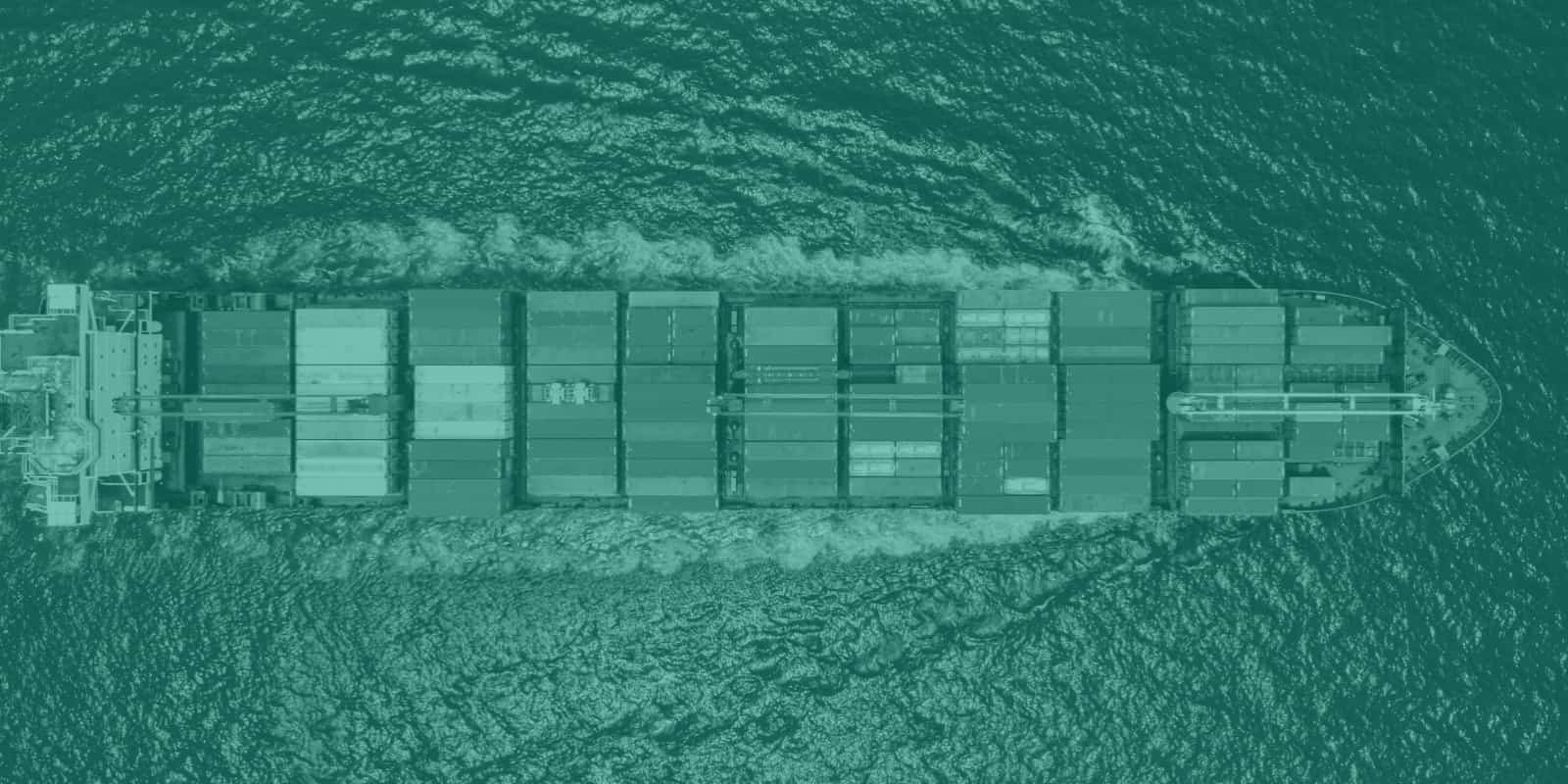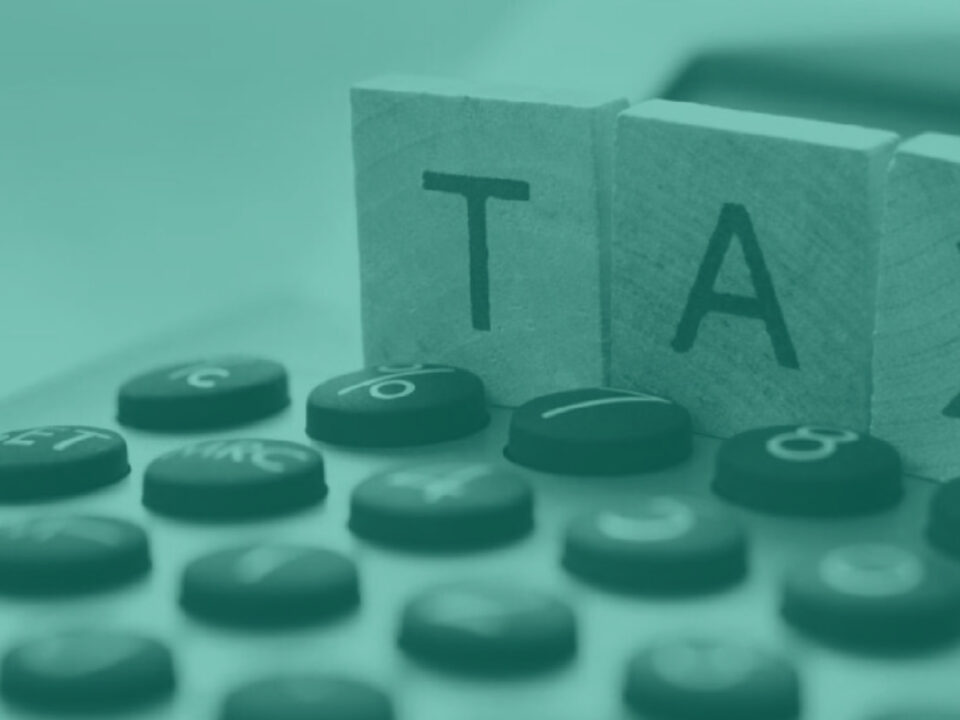This article has been researched and written by the Tax & Compliance Team at Creation Business Consultants. AI has not been used in generating this article.
The UAE maintains an important position in global trade since merchandise imports are expected to expand by 9.0% while exports will increase by 4.7% during 2025. This growth cements the UAE’s status as one of the fastest-growing regions in the Middle East.
The UAE’s position as a regional leader becomes stronger because global trade recovered by 2.3% during the initial six months of 2024. The UAE stands as the fastest-growing import hub in the Middle East because of its advanced infrastructure together with advantageous location and broad trade agreements.
The country will benefit from rising trade activity which focuses on emerging markets in both Asia and South America to establish itself as a leading destination for businesses expanding globally.
This article provides an extensive breakdown of rules and procedures for importing and exporting through the UAE:
WHY THE UAE IS AN IDEAL DESTINATION FOR IMPORT AND EXPORT
- Business-Friendly Environment: Businesses find Dubai and other UAE regions particularly suitable for operations due to its world-renowned efficient processes which support smooth business establishment.
- Strategic Location: The UAE offers businesses exceptional access to worldwide markets because it stands where Asia meets Europe and Africa.
- Excellent Connectivity: The UAE provides world-class infrastructure which connects to international trading routes through sea and air transportation for seamless import and export activities.
- Favourable Time Zone: The UAE’s time zone position allows businesses to conduct trade activities between Eastern and Western markets without interruption.







